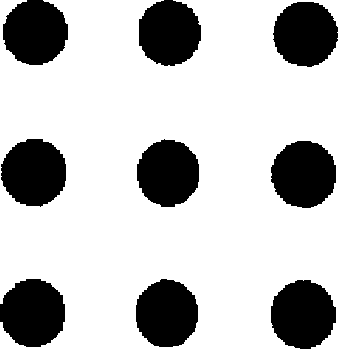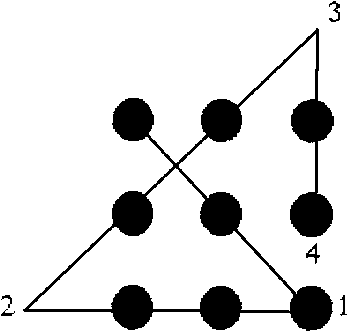 |
Català
| Castellano
| English
| Français
| Deutsch
| Italiano
| Galego
| Esperanto
En aquest lloc «web» trobareu propostes per fer front
a problemes econòmics que esdevenen en tots els estats del món:
manca d'informació sobre el mercat, suborns, corrupció,
misèria, carències pressupostàries, abús de
poder, etc.
|
 |
|
Conclusion: the change of change. «This will not take us anywhere. All the changes of model fail. Why should we waste so much ink and paper?». Tired of trying to «change everything to discover that nothing changes» as in the process of the Spanish transition, or in the discovery that «socialism is the longest way to reach capitalism», we are tempted, as it is shown by the contemporary «political» theory and practice, to accept things as they are, with the historic fatalism therein implied, a fatalism unsuitable to Western people, who still want «to dominate» nature. «History offers a long list of revolutions, whose results were, in great measure, identical conditions as those which the revolution wanted to overcome and substitute by a happy world». «The most sober minds may reach the following sad conclusion: 'Probably it would have been better to leave things as they were1'». «One thing is to be aware... of the change of something into its opposite, but it is very difficult... to find that this change does not mean any change at all within the general model. Most human conflicts and many conflict-generating solutions take place because of this blindness2». «A system going through all its inner possible changes without an overall change taking place in it, may be considered as involved in an endless game. It cannot produce from inside itself the conditions for its own change, it cannot produce the rules for a change on the basis of its own rules3». In order to understand what it means an overall change, it is very useful to read the whole book by Paul Watzlawick on this matter. In this suggestive book there is, however, a short game which visually exemplifies this difficulty to create changes if the context is not modified. We take the liberty of reproducing this example for those readers who do not know it. «The nine dots shown in figure 1 must be connected to each other by means of four straight lines without lifting the pencil from the paper. The reader who does not know this problem, should stop here and look for his solution on a piece of paper, before going on with the reading and, above all, before seeing the solution in the following page (figure 2)». «Almost everybody trying for the first time the solution of this problem introduces as a part of the solution an assumption which makes the solution impossible. The «assumption» consists of thinking that the dots make up a sqaure and that the solution must be found inside it, a self-imposed condition which is not contained in our instructions... So, the failure does not rest in the impossibility of the job, but in the attempted solution. Having created thus the problem, the combination of the four attempted lines does not matter at all: there will always be, at least one dot not connected. The solution consists of... leaving the field where the solution is sought. Those who fail and give up, usually feel a surprise in face of the unexpected simplicity of the solution (figure 2). The similarity of this example with many real situations of life is evident4». «At one time or another we have all felt locked in some sort of cage and, then, it was the same to try to find the solution in a quiet and logical way or, which is more frequent, frenetically running round a vicious circle. But it is from inside the cage... that the solution appears to be a surprising ray of inspiration beyond our control». «It is clearly different that we consider ourselves as pawns in a game, whose rules we call reality, or as players who know that the rules of the game are «real» only insofar as we have created them or have accepted them and that we can change them5». The difficulty to change this society, or to change people, lies in the fact that the problem, possibly, is not correctly stated. Some things are as they are, and need not be changed because this will cause a confusion which does not go anywhere. On the contrary, there are things, considered unimportant, which are not ideal nor important transformations but that, perhaps, are problems which may have a solution. To separate the key problems from pseudo-problems, to find which key instruments and changes of minimal rules of the game are possible to face these probles, is therefore, one of the important tasks. We must find the steps being the minimum common denominator of a wide range of interrelated problems. And, besides, they should be unknown steps, nor repeatedly failed, but of course to be tested. In this research is included the hypothesis on currency as an instrument for the introduction of a number of measures which, accepted by the Western democratic tradition, or proposed by the new social movements, may become an efficient ladder in the attempt to allow the radical changes needed by mankind. All this without having to break most of the existing social relations, except those which the same democratic culture considers unpresentable and dangerous. Perhaps some of the suggested proposals may be helpful to people when, one day, the need and the will be felt to get free from the impunity of factual powers to try new ways. Notes: 1Paul
Watzlawick (1974), «Cambio», Herder, Barcelona, 1985, pp. 41-42.
|

